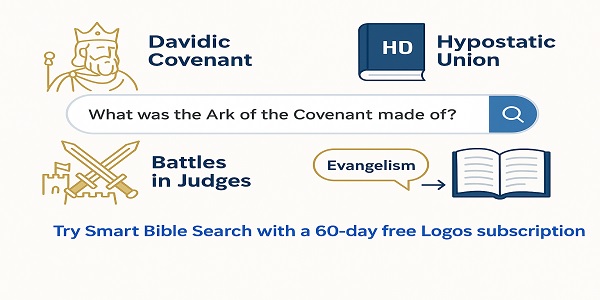Puzzling Listener Response
I did a presentation the other day on Gospel stories and I was very pleased yet perplexed with one of the responses I got from one of the listeners.
I was explaining to everyone, the importance of stories in communicating the gospel in story form, like this:
The Power of Stories in Gospel Communication – Preferred Method Across Societies
Stories for those of you that have not thought about it, are the preferred method of communicating information, for many if not all societies. It’s not just about conveying facts but creating a meaningful narrative that resonates with individuals.
Not just that but many groups in our world do not consider information to be important or worthwhile knowing, unless it is in a story. Some even require the stories to be in musical form in order for them to give them any value at all. Stories communicate to those who can’t or choose not to read. Which by the way is, depending on the statistics that you read, any were between 47% and 2/3rds of the world.
The Unforgettable Nature of Stories – Story Retention and Recall
A story’s impact on memory far surpasses that of other forms of communication. A story will be remembered more readily than any other form of communication. I tell lots of stories in my presentations and often I challenge my audience. I predict that they will only remember the stories from my presentations. They always promise faithfully to remember more but I am skeptical.
Jesus: The Master Storyteller – Storytelling’s Efficacy in Gospel Sharing
Stories are the easiest way to get a point across. Jesus Christ was an exemplary communicator. He employed storytelling to effectively convey his messages. His parables remain timeless examples of using stories to encapsulate profound teachings.
Contemplating “Jesus Christ Superstar”
When the Rock musical “Jesus Christ Superstar” was around and surrounded by so much controversy from most of the Christian world, I was confused. Because I thought the character of Judas raised a very important question:
“Why Did Jesus come in 4BC and not today when we have all our mass communication?”
I think part of the answer is that it was a time when stories and literature could co-exist and their respective importance maintained. That’s why we call it the Story of Jesus. Not because it’s fiction but because it is truth, communicated in the most important format… a story. The Story of Jesus is the ultimate True Story.
Stories: Rapid Translation and Recording – Simultaneous Oral and Written Dissemination
Stories are some of the quickest to translate and often because of the familiarity of the form, it is often the easiest to get a recording of. After all, that’s what Global Recording (GRN) is all about. Recording the stories of the Bible and most importantly of Jesus. Thus a story can be made into a recording and distributed in a much quicker time than any written form. Allowing the gospel to be told whilst the important written form is still coming.
Anyway having related all this, one incredibly astute lady said,
“Why aren’t all missions using this?”
I was of course most pleased because I had won an advocate but also perplexed because I was not able to answer her question to my satisfaction.
Whilst many Christian missions are using GRN material, Why aren’t they all?
Richard


 Search The Bible the way you have always wanted to.
Search The Bible the way you have always wanted to.

 The most complete Bible study Platform. Start you Free trial Now!
The most complete Bible study Platform. Start you Free trial Now!


